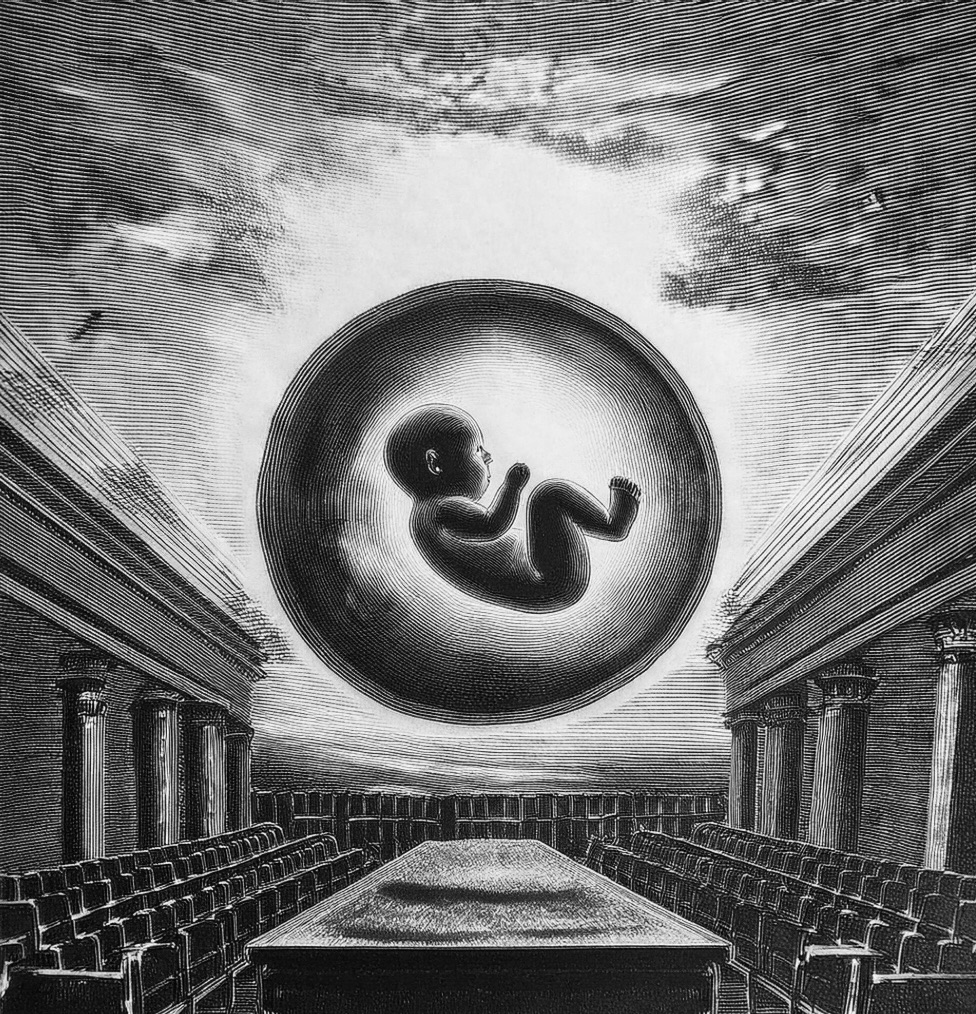BIRMINGHAM, Ala. — The U.S. Supreme Court’s recent decision not to review an Alabama case concerning the legal status of frozen embryos is sending shockwaves through the reproductive health community. The case, originating from a Mobile-based fertility clinic, raises questions about how the legal definition of personhood could reshape access to in vitro fertilization (IVF) and other reproductive services in Alabama, and potentially across the country.
At the heart of the case is a lawsuit filed by a couple after their final frozen embryo was destroyed without their permission. In 2021, the Alabama Supreme Court ruled that frozen embryos should be legally recognized as “children” under the state’s Wrongful Death of a Minor Act, allowing a wrongful death suit against the clinic to proceed. This interpretation was seen as a significant expansion of legal personhood, traditionally applied to those already born.
The U.S. Supreme Court’s refusal to hear the appeal leaves Alabama’s ruling intact. With this precedent in place, many worry about the future of IVF in the state. Clinics are now facing potential lawsuits for wrongful death, making it more difficult to provide the fertility services that thousands of couples rely on. Already, some Alabama clinics have reportedly halted or scaled back certain procedures due to legal risks, impacting the accessibility of fertility treatments for prospective parents.
Implications for IVF Access Nationwide
Alabama’s stance on the legal rights of embryos sets it apart from most other states, where laws surrounding IVF and reproductive rights remain relatively permissive. States like California and New York, for instance, have robust protections for reproductive healthcare, including fertility treatments. Meanwhile, Alabama’s decision mirrors the broader movement seen in several conservative-leaning states following the U.S. Supreme Court’s 2022 decision to overturn Roe v. Wade. With abortion restrictions tightening, the definition of when life begins is becoming a central issue.
Legal experts worry that Alabama’s ruling could become a model for other states looking to restrict access to IVF or other reproductive services.This could make IVF prohibitively expensive or risky for both clinics and patients.
A Changing Landscape for Reproductive Rights
As Alabama continues to enforce some of the strictest abortion laws in the country, this case highlights the growing influence of “personhood” arguments in courts. If more states follow Alabama’s lead in recognizing embryos as legal persons, IVF clinics could face waves of lawsuits, further limiting reproductive options in states already struggling with healthcare access.
Reproductive health advocates are now calling for legislative clarification on the legal status of embryos to protect patients and ensure that IVF services can continue without fear of wrongful death lawsuits. The ruling leaves Alabama at a legal crossroads, with potential ripple effects on how IVF is practiced nationwide.

